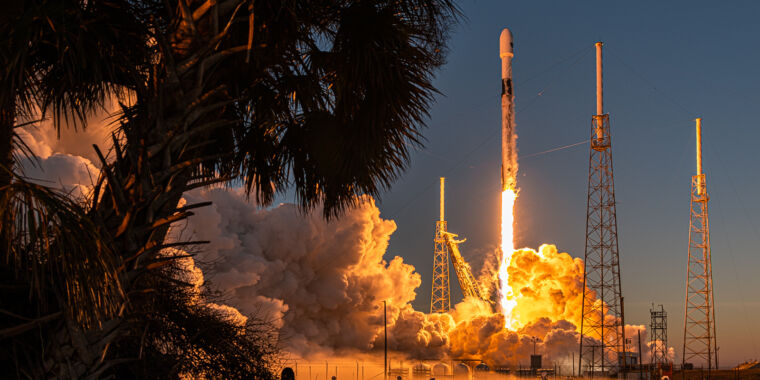- cross-posted to:
- spaceflight
- cross-posted to:
- spaceflight
"1. SpaceX (no change)
Only one rocket company approached a mind-boggling 100 launches this year. Only one company reused more than 90 percent of the rockets it launched in 2023. Only one company launched one million kilograms of cargo into orbit. And only one company debuted the (privately developed) largest and most powerful rocket ever seen—Starship. And then launched it again just months later on a mostly successful flight.
Which feat is most impressive? Is it the unprecedented cadence? Launching nearly two rockets a week is incredible, a testament to the extremely hard work done by the SpaceX teams in California, Texas, and Florida. But getting Starship to fly twice in just seven months, after sand-blasting the launch pad on the first attempt, is equally remarkable. SpaceX is the most elite launch company in the world, and it is not close.
Here’s one more statistic for you, courtesy of a reader. SpaceX, for all of its 90-plus launches this year, expended a total of six Falcon cores (four Heavy centers and two side boosters). United Launch Alliance, its one-time main competitor, expended five—in three total launches."



This is the best summary I could come up with:
After our inaugural ranking last year, Ars Technica is again publishing a list of the most accomplished US commercial launch companies.
We hope the list sparks debate, discussion, and appreciation for the challenge of operating a successful rocket company.
Please note that this is a subjective list, although hard metrics such as total launches, tonnage to orbit, success rate, and more were all important factors in the decision.
Launching nearly two rockets a week is incredible, a testament to the extremely hard work done by the SpaceX teams in California, Texas, and Florida.
SpaceX, for all of its 90-plus launches this year, expended a total of six Falcon cores (four Heavy centers and two side boosters).
Notably, the company’s ninth launch attempt of the year—a dedicated mission for Capella Space—was lost due to an anomaly after the second stage separated.
The original article contains 425 words, the summary contains 140 words. Saved 67%. I’m a bot and I’m open source!
Read the article, then read this summary. Try not to laugh.
67% reduction is way too high. The summary isn’t just lacking too much information; it is misleading. The last two paragraphs, for example, concern different companies, but nothing in the summary implies this at all